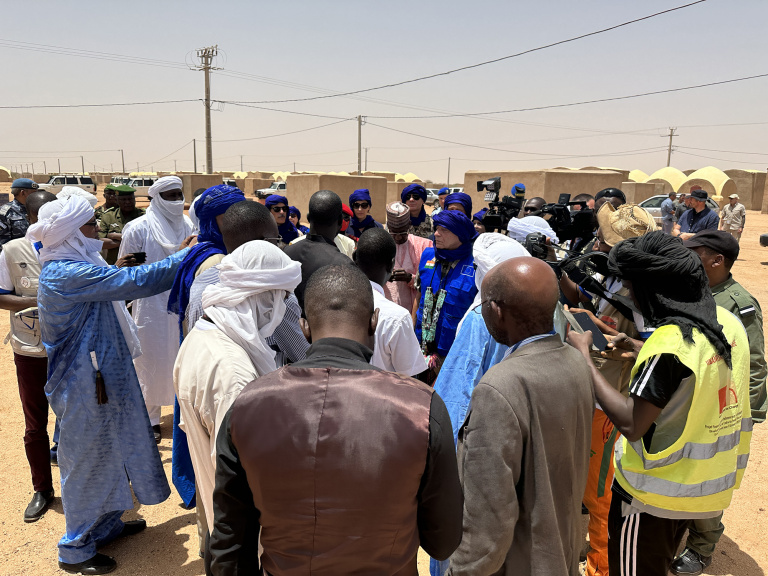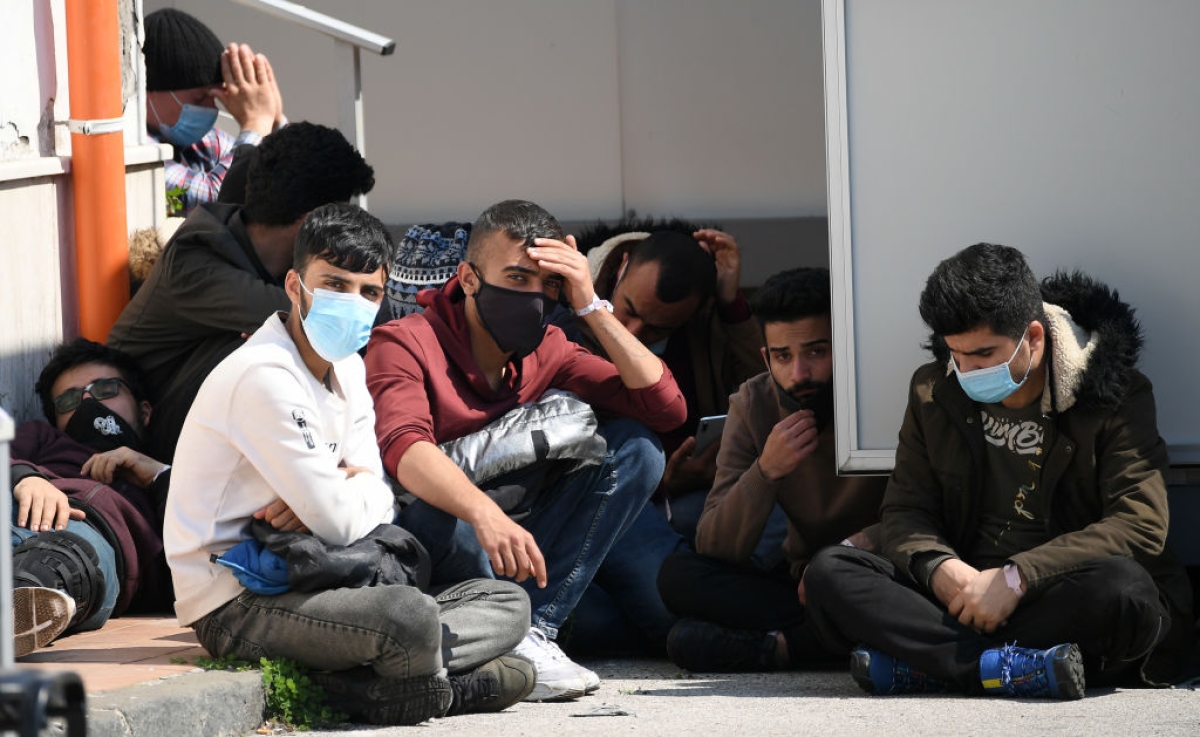Niger Post-Coup: Migration Legalized Again
In the aftermath of last July's coup d'état, Niger's
military government has reshaped its alliances, altering the dynamics of
migration policies in the region. The expulsion of foreign troops and the
repeal of a key migration law have underscored a pivot away from Western
partnerships, marking a significant geopolitical shift.
Following the expulsion of French soldiers and the
cancellation of key cooperation agreements with the European Union and the
United States, Niger's junta has ushered in a new era of migration policy. The
repeal of the 2015 migration law, once hailed by the EU, has rejuvenated
migration pathways, particularly in northern Niger's Agadez region.
Despite initial EU praise for the migration law, migration
through Agadez persisted, albeit underground. An adviser to Niger's military
leader affirmed the country's historical role as a transit hub, suggesting that
destination countries, not Niger, should manage migration flows. The repeal of
the law has restored legal passage through Agadez, signaling a tangible change
for residents and migrants alike.
The Agadez bus station, once dormant due to legal
restrictions, has become a bustling departure point for journeys to the Libyan
border, approximately 900 kilometers away. Weekly convoys, escorted by the
military, facilitate travel, offering a regulated alternative to perilous
clandestine routes.
The economic revival of Agadez, a UNESCO World Heritage
Site, is intertwined with migration. Following periods of turmoil, including
ethnic rebellions and the emergence of extremist groups, migration emerged as a
lucrative activity, providing opportunities for locals in various sectors. The
2015 law disrupted this ecosystem, causing economic hardship for many involved
in migration facilitation.
The repeal of the law has brought relief to Agadez,
reigniting economic activities associated with migration. Coxers like Boubacar
Halilou witness a gradual resurgence in business, offering transportation
services for desert crossings. However, rebuilding contacts and trust takes
time in the wake of legal uncertainty.
Data from the UN's migration agency reveal a surge in
movement across Niger's borders following the law's repeal, with a significant
portion of migrants seeking work in North Africa. Despite concerns over
increased migration, historical trends suggest restrictive measures have failed
to deter migrants, prompting a reevaluation of EU-led approaches.
Azizou Chehou, Niger coordinator of Alarm Phone Sahara,
highlights the dangers of underground migration routes, emphasizing the
repeal's potential to enhance migrant safety through regulation. The movement
from Agadez to Libya persisted despite legal restrictions, resulting in tragic
consequences for many migrants.
For migrants like Youssouf Sakho from Ivory Coast, the
allure of Europe persists despite the challenges. Having exhausted his savings
on the journey to Agadez, Sakho dreams of a better future in Europe, driven by
the lack of opportunities in his home country.
As Niger navigates this transition, the complexities of
migration dynamics underscore the need for balanced policies that prioritize
both security and human rights. The repeal of the migration law presents an
opportunity to reshape migration governance, fostering safer and more regulated
pathways for migrants while addressing the root causes of migration.









